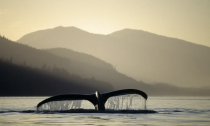
The endless impacts of climate change aren’t limited to one type of ecosystem. Although many reports about climate change focus on how it affects human lives, how does climate change affect the biodiversity of marine ecosystems? Here’s the latest news on climate change and marine life, explained.
According to a 2020 report by the National Oceanic and Atmospheric Administration (NOAA), over 90 percent of global warming in the past 50 years has been absorbed by the ocean. Oceans have a central role in the stabilization of Earth’s temperatures, so when they absorb more heat than necessary, the global imbalance becomes catastrophic...
Read More

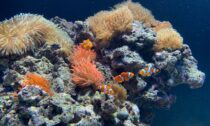

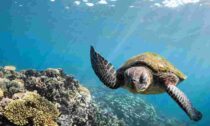


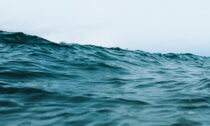
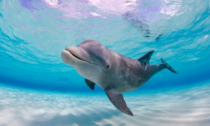
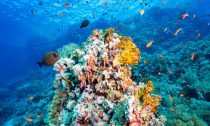
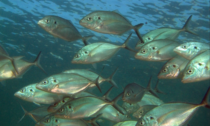


Social Profiles